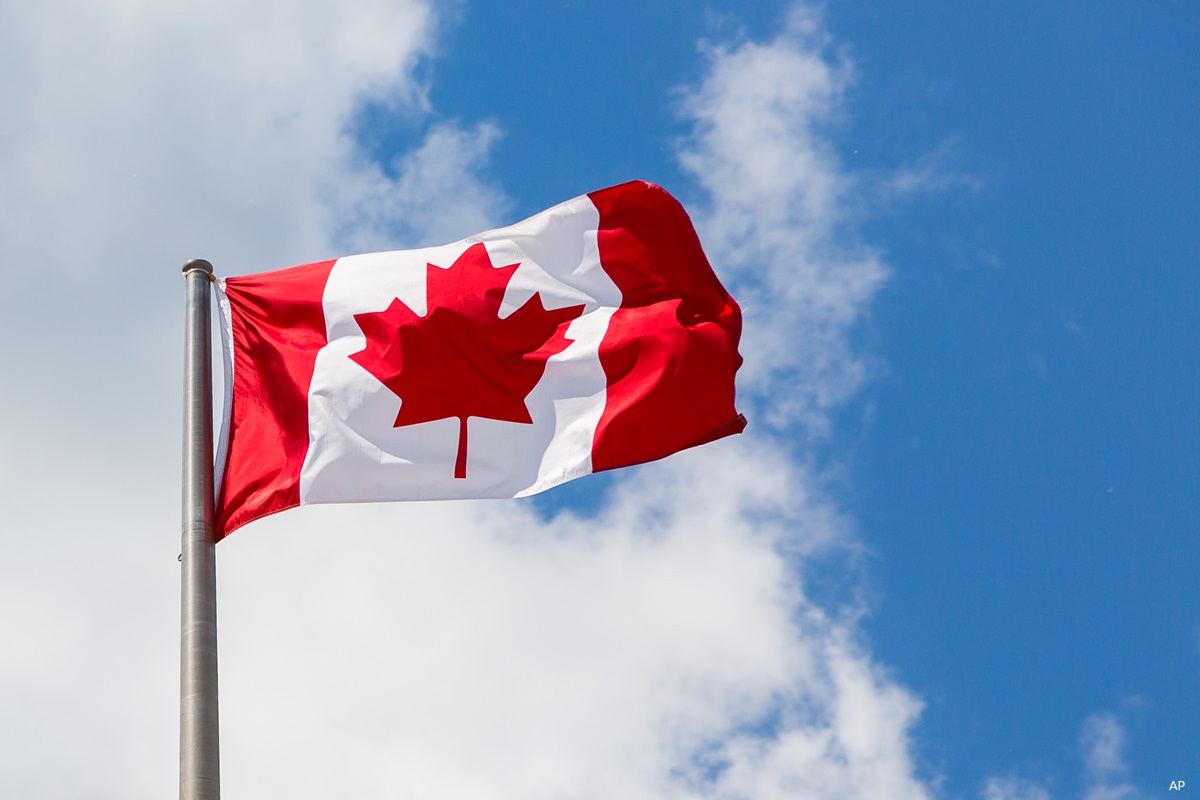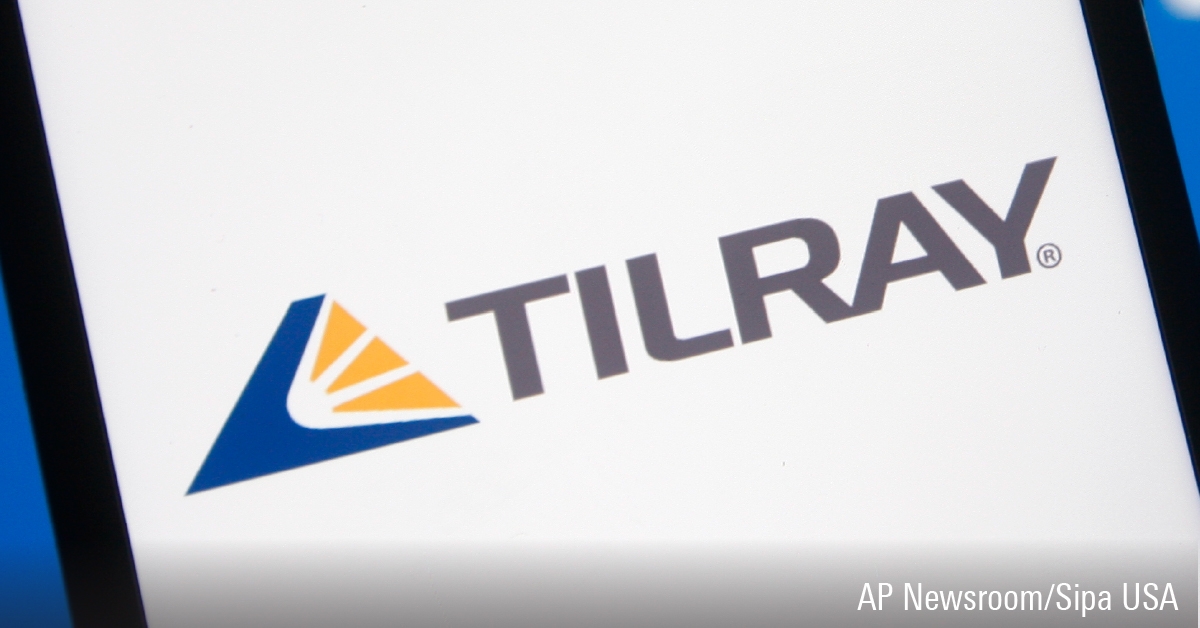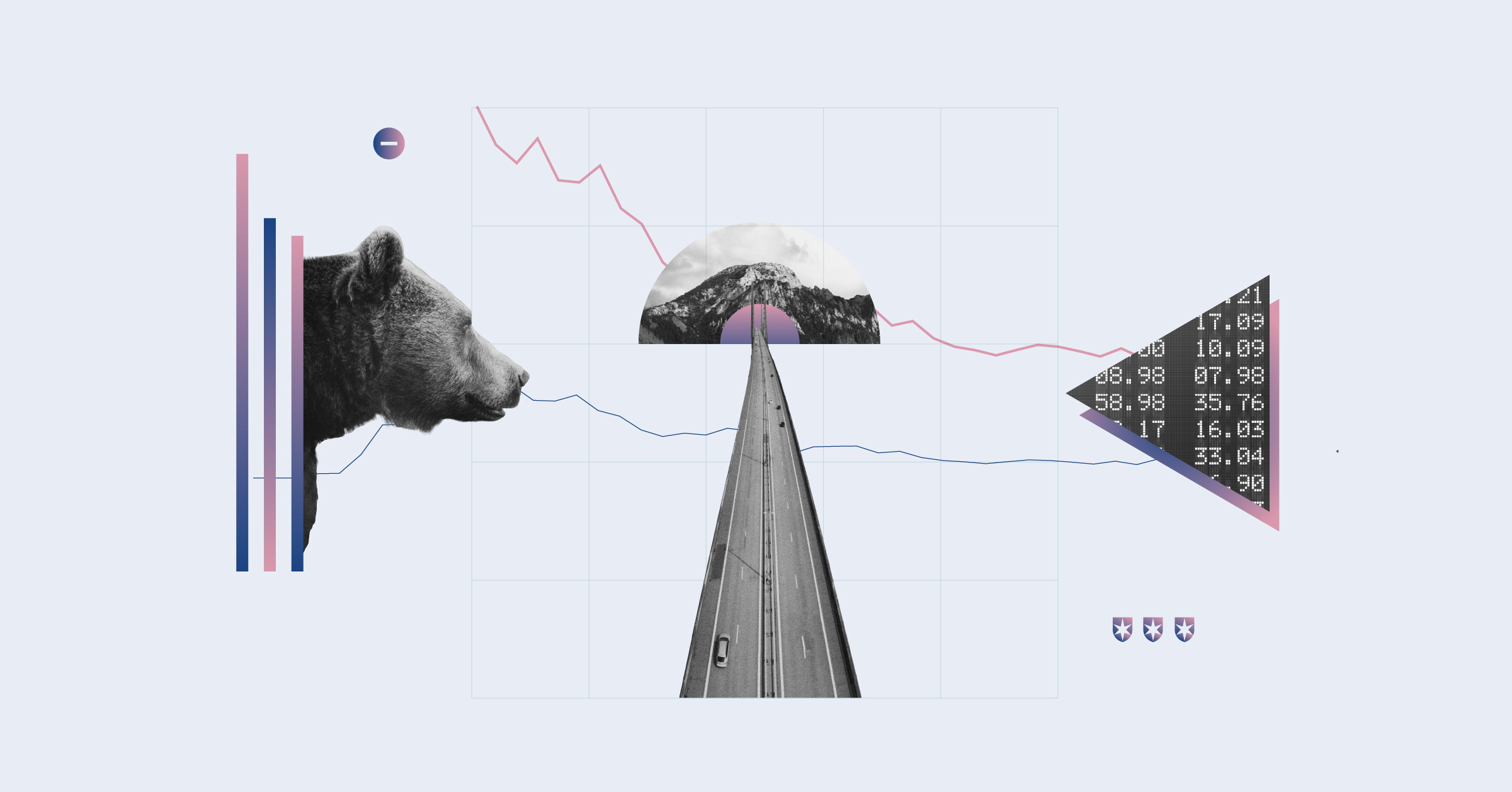
Editor's note: Read the latest on how the coronavirus is rattling the markets and what you can do to navigate it.
The recent stock market rout and the ongoing social distancing forced by the COVID-19 pandemic have had investors looking for safe haven stocks to ride out the uncertainty. This is the perfect time to shine for stocks with relative immunity to the global economic fallout from the pandemic.
While consumers have been aggressively cutting, deferring and delaying most of their discretionary and some non-discretionary spending, they’re still buying groceries, toiletries and personal care products. Consumer staples companies are particularly well positioned to benefit as consumers stock up on products to survive the lockdown. Fortunes of these companies are less tied to economic cycles as people need essential goods and services even in times of uncertainty. This is further borne out by the fact that stocks of the big-box retailers have risen in value in stark contrast to the steep, double-digit losses for the broader indexes. The S&P 500 is down 13%, while the S&P/TSX Composite lost 17% so far this year, as of April 10.
The following consumer defensive names are expected to continue to generate healthy revenue during the social distancing and the coronavirus recovery period, and beyond.
| Walmart Inc. | |
| Ticker: | WMT |
| Current yield: | 1.77% |
| Forward P/E: | 21.28 |
| Price: | US $121.80 |
| Fair value: | US $104 |
| Value: | 15% premium |
| Moat: | Wide |
| Moat trend: | Stable |
| Star rating: | ** |
| Data as of April 10, 2020 | |
America's largest retailer by sales, Walmart (WMT) sells general merchandise and grocery items through its 11,300 stores. U.S. accounts for 76% of sales, with Mexico and Central America (6%), the U.K. (6%), and Canada (4%) its largest external markets. The company operates several e-commerce properties including Flipkart, Jet.com, and shoes.com. Overall, e-commerce accounts for about 5% of sales.
Since the outbreak of the coronavirus pandemic, the retail giant has witnessed wave after wave of panic buying as consumers load up on masks, cleaning products, baking ingredients and, more recently, grooming products to prepare for the unknown future.
Walmart’s wide moat, or sustainable competitive advantage, stems from its standing as the dominant traditional retailer, and the number-one grocer, in the U.S., which helps build intangible assets and a durable cost advantage. “We expect customers will increasingly require retailers to offer a menu of fulfillment options for sales made through digital and physical channels, advantaging Walmart’s dense store network, deep vendor relationships, and established brand,” says Morningstar equity analyst, Zain Akbari, who recently upped the stock’s fair value from US$101 to US$105, prompted by the retailer’s strong third-quarter earnings.
| Costco Wholesale Corp. | |
| Ticker: | COST |
| Current yield: | 0.87% |
| Forward P/E: | 34.13 |
| Price: | US $300.01 |
| Fair value: | US $272 |
| Value: | 10% Premium |
| Moat: | Wide |
| Moat trend: | Stable |
| Star rating: | ** |
|
Data as of April 10, 2020 |
Costco (COST) operates 782 stores worldwide with the bulk of its sales coming from the U.S. (73%) and Canada (14%) and the rest from Mexico, the U.K., and Japan. It sells memberships that allow customers to shop in its warehouses, which feature low prices on a limited product menu. Membership fees account for roughly 70% of EBIT. About 4% of Costco’s global sales come from the e-commerce channel.
The firm has benefited from the current trend of bulk buying as people prepare for long lockdowns and uncertainty imposed by the pandemic. “We expect the pandemic to increase third-quarter comparable sales meaningfully, with high-single-digit comparable growth, including fuel, as members stockpile essentials,” says a Morningstar equity report.
The sales performance is projected to “remain elevated in the fourth quarter before gradually normalizing as the pandemic ebbs,” says Akbari, who recently raised the stock’s fair value from US$249 to US$272, incorporating “a loftier near-term outlook in light of the COVID-19 pandemic.”
| The Kroger Co. | |
| Ticker: | KR |
| Current yield: | 2.06% |
| Forward P/E: | 12.89 |
| Price: | US $31.06 |
| Fair value: | US $30 |
| Value: | Fairly valued |
| Moat: | Narrow |
| Moat trend: | Negative |
| Star rating: | *** |
| Data as of Apr 10, 2020 | |
Leading American grocer, The Kroger Co (KR) operates 2,764 supermarkets throughout the country. Around 82% of stores have pharmacies, while over half also sell fuel. Kroger is a top-two grocer in 90% of its major markets and nearly all its sales come from the U.S.
The COVID-19 outbreak triggered a widespread run on essential supplies of which grocery stores, including Kroger, have been the biggest beneficiaries. “Fiscal 2020 should see significantly higher first-half sales, with Kroger reporting a 30% surge in identical sales growth (excluding fuel) in March,” says a Morningstar equity report.
Prompted by strong fourth-quarter results and significantly higher 2020 sales expectations in light of the COVID-19 pandemic, Akbari recently lifted the stock’s fair value from US$28.5 to US$30.
The grocer’s vast trove of customer transaction data (amassed over decades) set it apart from its rivals. Kroger possesses 60 million households' worth of behavioral information, the richest in the industry, which “reflects and forms a powerful intangible asset that should unlock opportunities for targeted advertising and promotions, in-store advertising, assortment optimization, and analytics sales to vendors,” says Akbari.
| Unilever NV ADR | |
| Ticker: | UN |
| Current yield: | 3.62% |
| Forward P/E: | 16.72 |
| Price: | US $49.97 |
| Fair value: | US $57 |
| Value: | 12% Discount |
| Moat: | Wide |
| Moat trend: | Stable |
| Star rating: | **** |
| Data as of Apr 10, 2020 | |
European retail behemoth, Unilever (UN) is a diversified company selling household and personal product (60% of 2018 sales by value) and packaged food and refreshments (40%) company. The firm’s portfolio contains well-known brands including Knorr soups and sauces, Hellmann's mayonnaise, Lipton teas, Axe and Dove skin products, and the TRESemme hair-care brand.
“Even within the relatively defensive consumer staples space, Unilever has delivered some of the most consistent organic growth of its peer group in recent years,” says a Morningstar equity report, noting the breadth of portfolio across geographies and product categories limits brand and execution risk.
Most consumer staples multinationals are struggling for strong organic growth. Many are cutting costs in order to drive growth. Unilever aims to realize EUR 6 billion in cumulative cost savings by 2020, two thirds of which will be reinvested. The wide-moat firm “has a better chance than most of its peer group of reigniting growth in the medium term,” asserts Morningstar sector director, Philip Gorham, who pegs the stock’s fair value at US$57 per ADR.
Investing in the low carbon economy
Learn about the companies best positioned to survive and thrive








.jpg)














